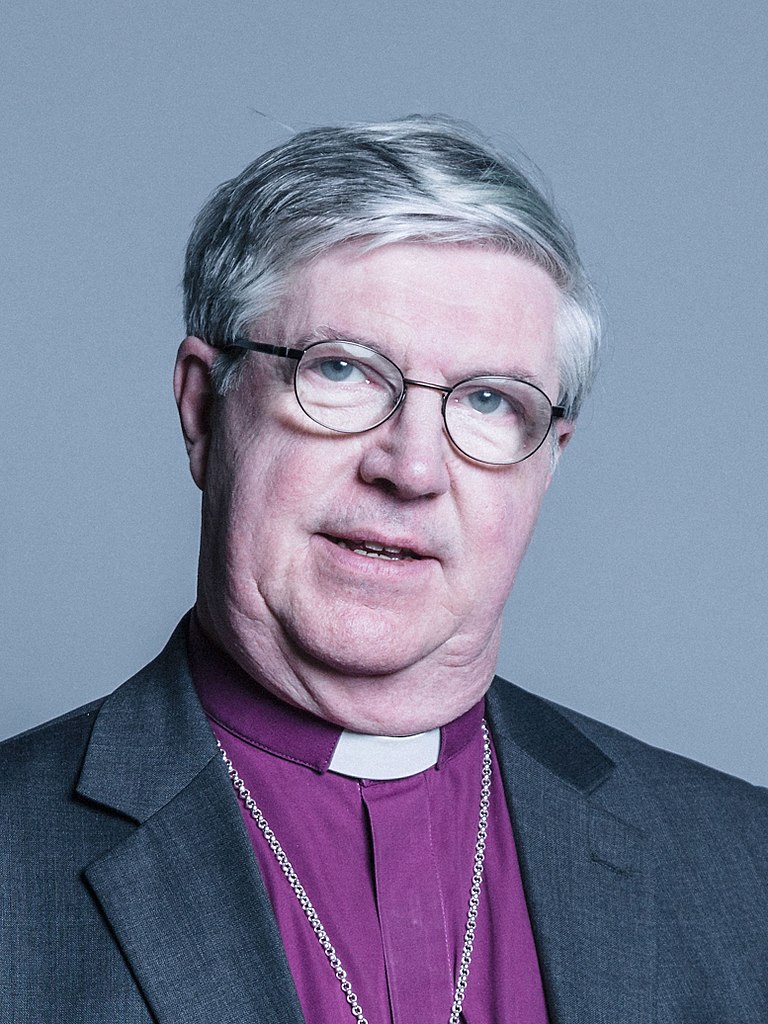The terms of reference, for the Paterson Inquiry, are straightforward.
Create an opportunity for people to tell their stories, overview, recommendations.
The report was delayed, because of the volume of evidence and the number of people, patients and family members who came forward. It was ready before the election but delayed because of the purdah nonsense.
I thought the choice of chair, curious. The Right Reverend Graham James. He retired as the Bishop of Norwich in 2018. A Bachelor of Arts degree from Lancaster and a diploma in theology from Cuddesdon.
A member of the Synod and sits, with the Lords Spiritual, in the House of Lords. In 2011 James became a member of the Lords Select Committee on Communications and he was subsequently appointed spokesman for the Church of England on media issues.
No brush with the NHS, as a non-exec, no involvement that I can find, of anything to do with healthcare, or the law but he is married to an ex-nurse and midwife. His life is not without tragedy. Eleven years ago his daughter was an unexplained victim of cot death.
He told a community website;
“The usual language doesn’t work. There were two things that got on my nerves – the assumption that because you’re a Christian you don’t feel grief. But of course you do. It’s a human emotion. This is your child that’s died.
“The other thing that’s irritating is when people say you can have another child. Dominic was born a couple of years later and of course we already had a child in Victoria’s older sister Rebecca, but having another child doesn’t replace the one who’s died.
“Each human being is unique and you can’t replace them…”
Perhaps that is all the qualifications you need. Humanity, an understanding of loss, independent and a communicator.
The report? I think it probably delivered on the terms of reference. But, there is a curious omission.
Bishop James does not tackle, head on, the unsatisfactory relationship between the NHS and the private sector.
I have no moral or spiritual objection to the private sector. People should be free to spend their money on what they want. However…
.. let us recognise there is no such thing as the private sector in healthcare. Such as it is, it is, mainly, a loose alliance of NHS doctors moon-lighting and business willing to invest in premisses and invite doctors to bring their patients. It is a lucrative arrangement.
Usually, NHS consultants will do their private work in the evenings or weekends. As their NHS responsibilities allow.
Seldom is there a critical care facility. If anything goes wrong in most private hospitals, the only answer is to ring 999 and wait for an ambulance… to take the patient to proper hospital.
Writing in yesterday’s Independent newspaper, I think David Rowland, makes another important point;
‘… it is not well understood the private hospital industry treats the medical consultant as their main customer…
… hospitals can therefore argue that they are not responsible for their freelancer’s actions. In fact, when one of the patients harmed by Paterson sought compensation from the private hospital at which he had operated on her, she was told that they were under no obligation to provide her with a competent breast surgeon.
Another was told that the hospital only rented Paterson a room.’
Rowlands concludes;
‘It must have become clear to Rt Rev James during the course of his inquiry that it was this business model that facilitated Paterson’s actions, and which could have made private hospital managers reluctant to stop his unnecessary but extremely lucrative surgery.
He could also have turned to the numerous coroner’s reports which have made clear how the post-operative care arrangements in private hospitals contribute to patient deaths.’
Anyone familiar with surgery practice will know carrying out an unnecessary operation on a patient is almost impossible, unless notes and result have been falsified and there is no MDT involvement. The Bishop is right to have pointed to this.
Where I suggest he is wrong, is to let the private industry off the hook. Rowland asks why did he not say, private hospitals should take on full legal liability for what happens on their premisses.
The Bishop simply suggests patients are ‘made aware of the risks’.
This is an obvious omission and leaves me curious…
News and Comment from Roy Lilley
Contact Roy – please use this e-address roy.lilley@nhsmanagers.net
Reproduced at thetrainingnet.com by kind permission of Roy Lilley.








